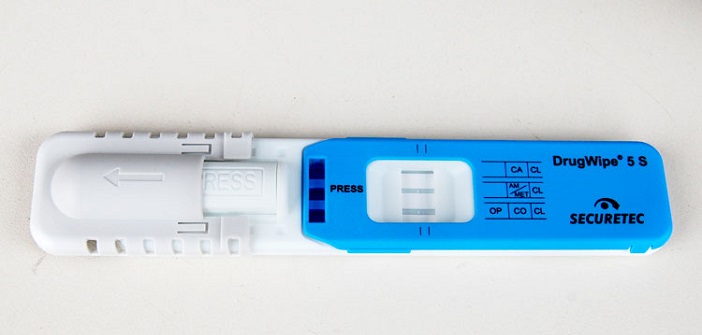Faster, less unpleasant salivary tests that are effective enough to be used within about fifteen days in the national testing strategy.
According to the president of the scientific council, Professor Jean-François Delfraissy, they will likely be implemented “by the end of September or early October.”
Rapid tests for transit areas
At the end of August, the General Directorate of Health (DGS) specified that the potential approval of these tests would only occur after the conclusion of several studies, carried out at the Andrée Rosemon Hospital Center in French Guiana and the Public Assistance – Hospitals of Paris (AP-HP). The goal is to determine if the RT-PCR analysis technique, which seeks the presence of the virus’s genetic material, is as reliable on saliva as on a nasopharyngeal swab.
If they prove to be “sensitive,” the so-called “field” salivary tests could “be used as rapid tests in transit areas, for example, such as airports, etc. People who receive a positive result would then be “suspected of being ill” and invited to undergo “a more reliable confirmation test.”
No “ideal” vaccine at the beginning of next year
Later questioned about vaccine research, Professor Delfraissy specified: “What I intended to indicate is that we would not necessarily have by the first quarter of 2021, the ideal vaccine we are all waiting for, which would prevent transmission both in the elderly and in younger people with 99% effectiveness, I don’t think we’ll get there, I’m even certain of that. We will probably have something incomplete that we will take, and we will see how we use it.”


